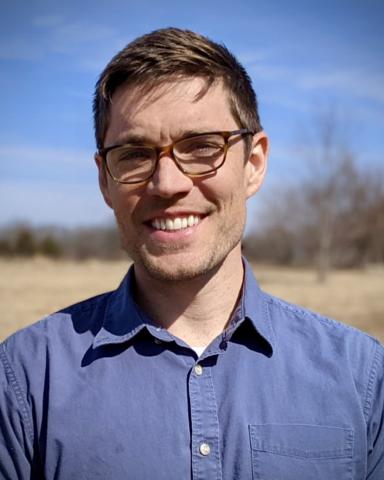(Socio-) Ecological Tools and Insights for a Changing Climate
(Socio-) Ecological Tools and Insights for a Changing Climate
My dissertation focused, in part, on the development and application of acoustic tools for remotely monitoring vulnerable pollinators. Bumble bees are one of the most ecologically and economically important pollinator groups worldwide; yet, they face widespread declines that threaten cascading losses of biodiversity. Bumble bees make a variety of noises associated with distinct behaviors (e.g., flight, pollination, thermoregulation, and defense) that are important for understanding colony fitness and the provisioning of ecosystem services. In collaboration with researchers from Lincoln University, UC Riverside, and Slovenia, I demonstrated that some of these behaviors have unique acoustic cues that can be automatically detected and classified from audio data. Using acoustic techniques, I showed that eavesdropping on bumble bee colonies can provide important information about the morphological traits of foragers and phenological phases of the colony, bolstering the types of research questions that can be asked with acoustic methods.
Another aspect of my research called into question the traditional lethal approaches for investigating bumble bees of conservation concern. In collaboration with former Galen lab members, I found that the magnitude of lethal sampling increased tenfold alongside publication volume in an analysis of 50 years of research. Scientific papers exhibiting conservation awareness were more likely to employ lethal sampling than papers that did not, highlighting that scientists advocating for conservation of species are the ones likely to use lethal methods.
Lastly, in conjunction with MOST Policy Initiative, I conducted a project to investigate how decision-makers and experts at the nexus of conservation, agriculture, and natural resources in Missouri perceive climate resilience and climate impacts in rural Missouri. Through 23 semi-structured interviews, I found that most experts conceptualized climate resilience as responding to hazardous events rather than anticipating or planning for hazardous trends. Additionally, I found that the most comprehensive suite of solutions for building climate resilience was offered by participants thinking across social, ecological, and economic systems, highlighting the need for collaboration across domains to develop more holistic solutions to climate-associated threats.
Publications
Miller, Z. (2021) What’s the buzz about? Progress and potential of acoustic monitoring technologies for investigating bumble bees. IEEE Instrumentation & Measurement, 24(7), 21-29.
Heise, D., Miller, Z. , Wallace, M., & Galen, C. (2020). Bumblebee traffic monitoring using acoustics. In 2020 IEEE Sensors Applications Symposium (SAS) (pp. 1-6). IEEE.
Folk, W., van Garderen, D., Lannin, A., Palmer, T., Miller, Z., & Sneller, J. (2020). Flight of the bumblebee: A grade-level complex text set to support MS-PS4 waves and their applications in technologies for information transfer. Science Scope (Washington, DC), 43(9), 40.
Heise, D., Miller, Z., Harrison, E., Gradišek, A., Grad, J., & Galen, C. (2019). Acoustically Tracking the Comings and Goings of Bumblebees. In 2019 IEEE Sensors Applications Symposium (SAS) (pp. 1-6). IEEE.
Galen, C., Miller, Z., Lynn, A., Axe, M., Holden, S., Storks, L., ... & Kephart, J. (2019). Pollination on the Dark Side: Acoustic Monitoring Reveals Impacts of a Total Solar Eclipse on Flight Behavior and Activity Schedule of Foraging Bees. Annals of the Entomological Society of America, 112(1), 20-26.
Committee
- Dr. Lauren Sullivan (Chair), Division of Biological Sciences
- Dr. Johannes Schul, Division of Biological Sciences
- Dr. Rex Cocroft, Division of Biological Sciences
- Dr. Debbie Finke, Division of Plant Science and Technology
Upon completing his degree, Dr. Miller accepted a position as Program Coordinator with the MOST Policy Initiative in Jefferson City, MO. He is currently working for the Nature Conservancy as a Preserve Engagement Manager.

Zachary J. Miller
Ph.D. Candidate - Sullivan Lab
Division of Biological Sciences
University of Missouri